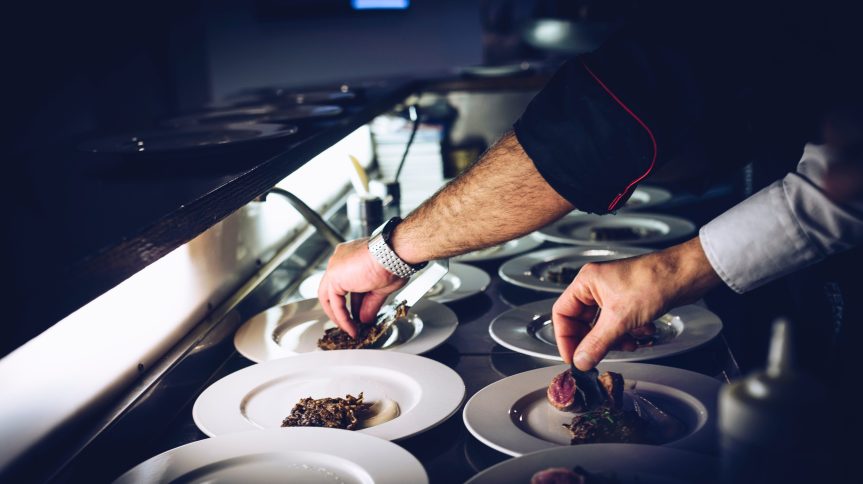Inspired by a podcast at MacroMusings, let’s talk about growth.
Alex Tabarrok and Tyler Cowen, co-authors of a couple of excellent textbooks on the principles of economics, discuss what they mean by “cutting edge” growth and “catching up” growth.
The reason for this distinction arises because of the claim that particular institutions promote economic growth. However, we see countries like Libya, Cambodia, and China experience very high economic growth with institutions that are very different from the United States. Libya and Cambodia are two of the most corrupt countries in the world, while China is ranked 87 out of 180 in the Corruptions Perceptions Index. They claim to be “democracies” yet, there is little political stability. China is not a democracy at all and still boasts one of the highest growth rates in the world.
There’s something missing in the formula. Tabarrok attributes this phenomenon to the two distinctions of economic growth: “cutting edge” v. “catching up”. The United States has strong institutions such as political stability, relatively free markets, private property rights, little (blatant) corruption, the rule of law, and so forth. These institutions foster economic growth. But the growth rates are slower in the US because economic growth has to come from innovations.
I’ve caught a few episodes of the latest Master Chef, and it got me thinking about growth in the kitchen. Imagine you are 20 years old and you have no idea how to boil water, let alone cook a simple scrambled eggs breakfast. How long do you think it would take to learn how to cook the staples like chicken, rice, beans, pasta, eggs, even steak? A week? Maybe two?
Actually, not that long.
This short time is “catching up” growth. You don’t need to experiment with foods and figure out how to cook them for the first time. You simply follow time-tested and established recipes step-by-step to learn how to cook. If you imitate how somebody cooks any of those staples, you’ll learn how to do it very quickly. You can pick up different techniques pretty quickly. Like, if you heat a pan and put raw food on it, it will magically become cooked. Surprise!
But what happens when you are a solid cook? Yeah, like when family won’t kick you out of the kitchen when you decide to cook or when friends want to come over when they hear you are making a meal. Your ability to improve starts to slow down. You start to experiment with different flavors, cuisines and food items. Sooner or later, “elevating” your dishes become hard to tell.
The finalists on the last few shows of Master Chef are all cooks who can make a delicious meal. They are pretty much at the top of their cooking game. Their improvements are minimal. Host Gordon Ramsay is all about the “finesse.” It’s not merely about getting something tasty on a plate. It’s about the presentation, combination of flavors, and creativity that goes into the culinary experience. Ramsay and the other judges critique these dishes for points most of us don’t care about.
Pushing the envelope in the kitchen is very slow, in part due to the trial and error process necessary to come up with something good and new to the world. This is “cutting edge” growth, creating new ideas and products that add value to the world. The United States’ slow growth is attributed to the fact that its growth comes from innovations, not merely imitating others.
Coming up with new dishes is a much slower process than learning how to make Granny’s home-cooked meals. China is quickly learning all of Uncle Sam’s dishes. At some point, their growth will slow down, and both countries will have to come up with new recipes. And, that’s easier said than done, just ask the Master Chefs.

